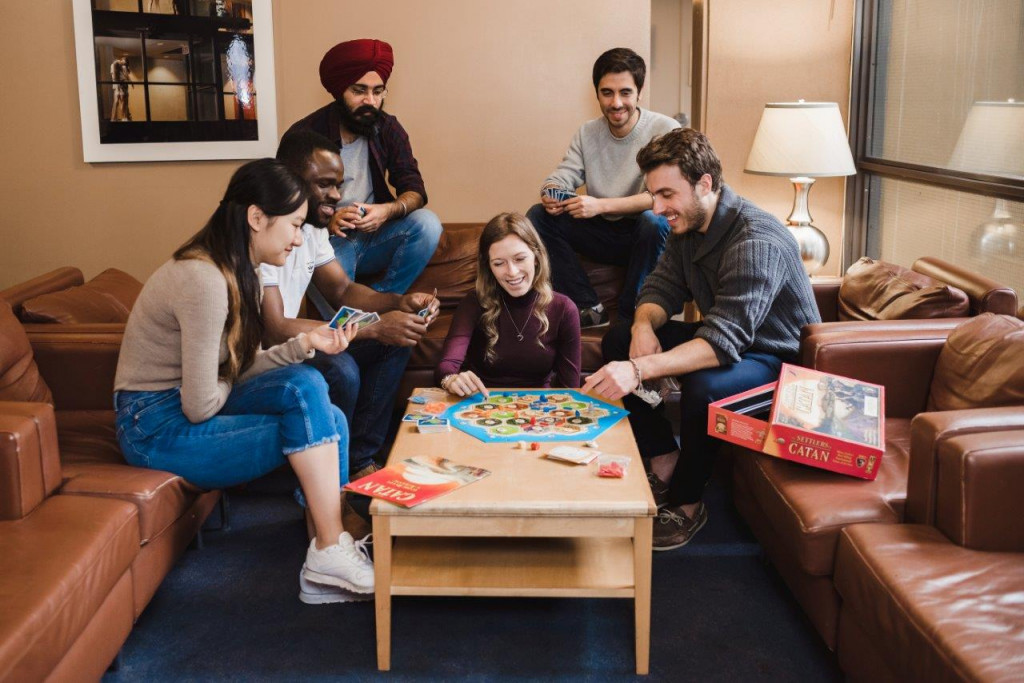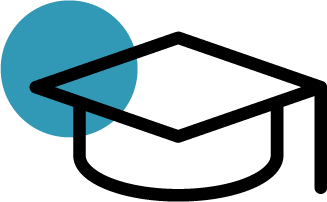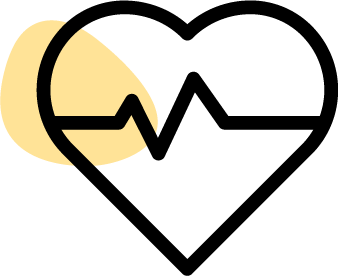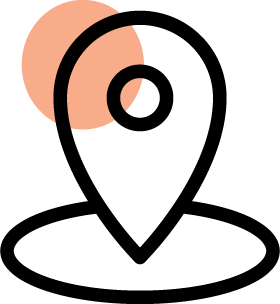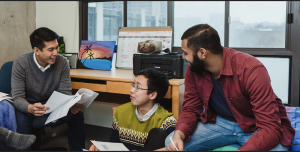
Resources
Residence Curriculum
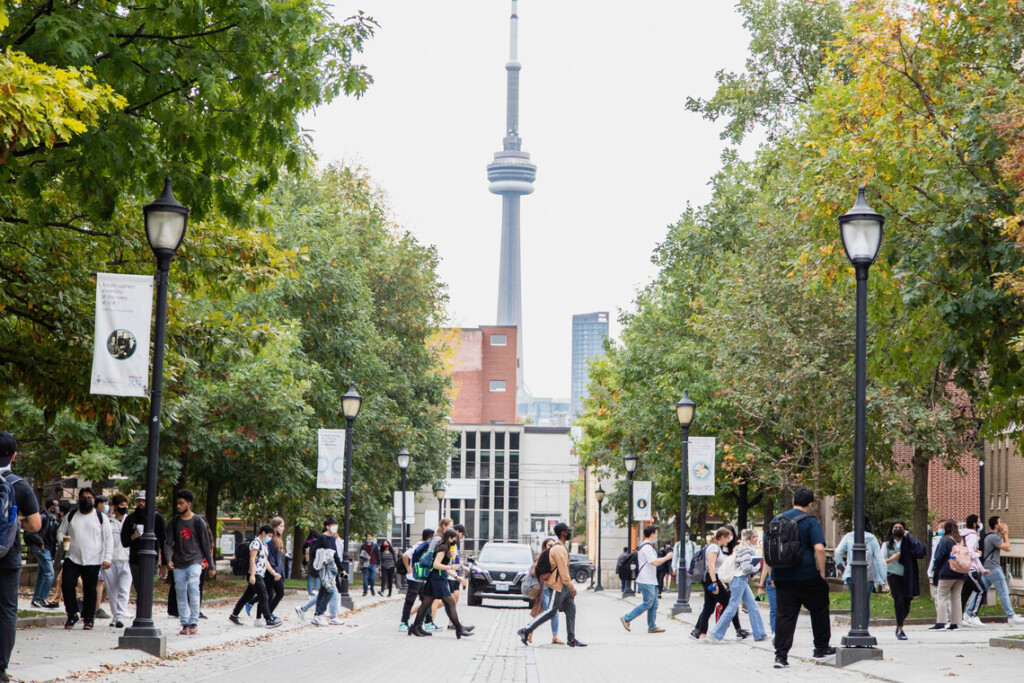
Learn about
Our Curriculum
At Graduate House we are more than just a place to live. We have developed a residence curriculum that focuses on the growth and development of our residents. The curriculum was developed by professional staff in collaboration with various campus partners.
Our curriculum incorporates all-encompassing learning goals that will support the busy graduate student lifestyle by offering a variety of convenient, relevant and supportive programs as well as contribute to filling any gaps in the student experience.
Learning Pillars
The curriculum focuses on seven areas of development – also known as learning pillars. The pillars represent what residents can expect to learn when they live at Graduate House. Ultimately, each pillar will have their own respective learning outcomes and will be both a guide and the objectives of the Grad House curriculum.
What is
Graduate House Community Participant Status (GCPS)
Current residents who wish to remain in Graduate House can gain priority in re-entry by achieving the Graduate House Community Participant Status (GCPS). Current residents who do not achieve this status but wish to reside in Graduate House for subsequent academic years will have to re-apply through the general applicant pool.
Please note that meeting the requirements for GCPS does not guarantee readmission, but it enhances the likelihood of being readmitted. It is possible that residents who achieve GCPS may still not receive an offer to remain at Graduate House for the next contract period.
The addition of this GCPS to the curriculum is to foster a culture of participation, inclusion and community that residents have expressed needing more of in Grad House. This status will foster this culture by encouraging communication among residents through the suitemate agreement and the one-on-one, which may bolster individual connections that constitute a larger community of people. Additionally, the requirement of participation in programs will encourage residents to engage in community through both modelling an example of community and by giving them a platform in which they can forge their own community.
The promotion of a participatory, warm culture may support over-arching issues with Grad House, such as combating loneliness and ensuing mental health concerns, through these increases in individual connections and subsequent community. This status will help shape the reputation of Grad House as a warm, welcoming environment and communicate to the University of Toronto and general public that residents can expect to have a strong sense of community while residing at Grad House.
How to achieve GCPS
Complete a Suite mate Agreement for the current year
Only one form per suite is required – one suitemate will be responsible for submitting the form on behalf of everyone in the suite.
For suites that have resident(s) who moved in later in the academic year (e.g. December), the resident who most recently moved in will be responsible for submitting the most up-to-date suitemate agreement on behalf of everyone in order to achieve their GCPS.
This agreement should take no longer than one month subsequent to moving in to complete.
have a one-on-one meeting with your assigned Residence advisor
This meeting should take place as soon as possible (no more than approximately two months after moving in) and will be organized at a mutually convenient time for the resident and RA.
attend a minimum of four RA programs over the academic year (September – April)
Only programs organized and executed by Residence Advisors will count towards this status (i.e. building-wide events like the welcome dinner or programs offered by the Service Desk are not included programs – speak to your RA or the front desk for more information).
Follow along on the weekly newsletters to learn when programs are happening!
ensure that you meet the requirements of that program, such as
Signing up for the program in advance.
Filling out any additional follow-up materials necessary (i.e. participation micro-survey, which is a double check for the attendance and will give brief feedback on learning outcomes).
Maintain continuous residency during summer 2025
Continuous summer residency is achieved when a student resides at Graduate House through to the entirety of the summer period (May 1st- August 23rd).
Current residents, who elect to leave Graduate House join the General Applicant pool with all new applicants.
Resident Outcomes
Our residents are unique and will bring pre-existing strengths or knowledge related to the pillars prior to residing in Grad House.
Students who already have strong foundations in learning outcomes will still be encouraged to participate in programs to polish their skills but also support their fellow residents and grow in other areas, especially considering that a program may involve more than one learning outcome.
For example, someone who has strong professional, workplace skills may still benefit from attending a resume clinic in order to edit their work and contribute ideas to the group but also may enhance other areas of development, such as combatting loneliness. Students may not leave their time at Grad House with high levels of achievement in all learning goals but should have felt that they had the opportunity to construct a foundation from which they can draw experiences/build upon.
